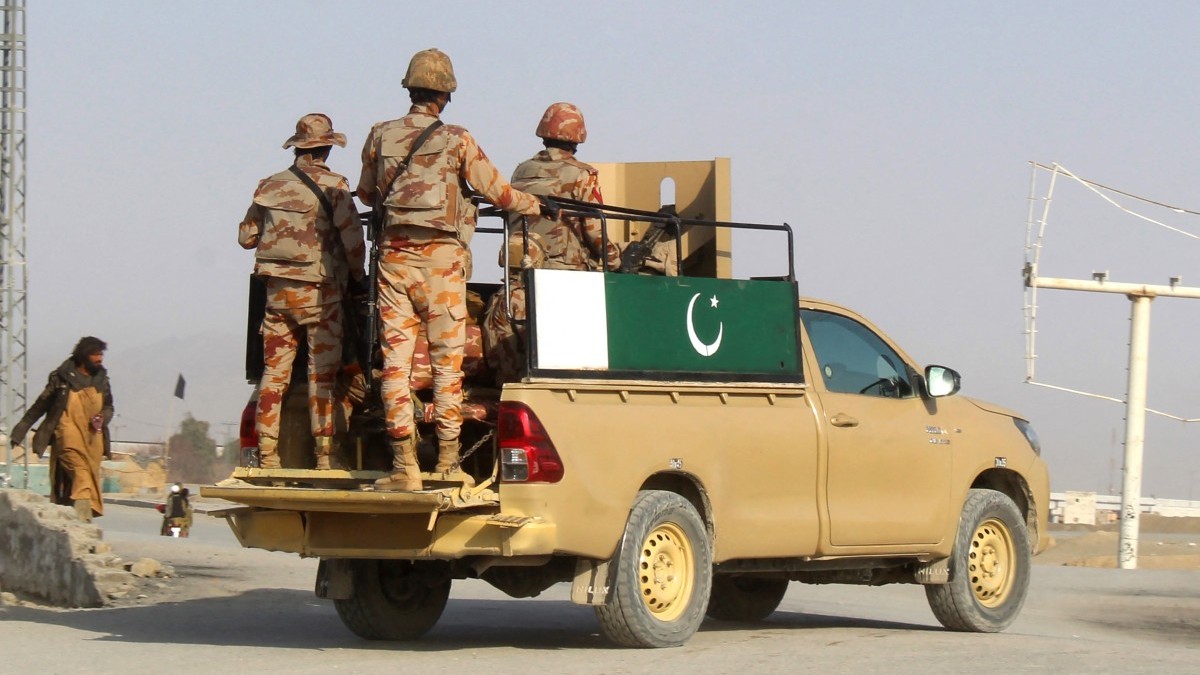
Pakistan Declares “All-Out Confrontation” with the Taliban Government
The Islambad defence ministry said several major cities in Afghanistan were bombed this morning.

The Islambad defence ministry said several major cities in Afghanistan were bombed this morning.
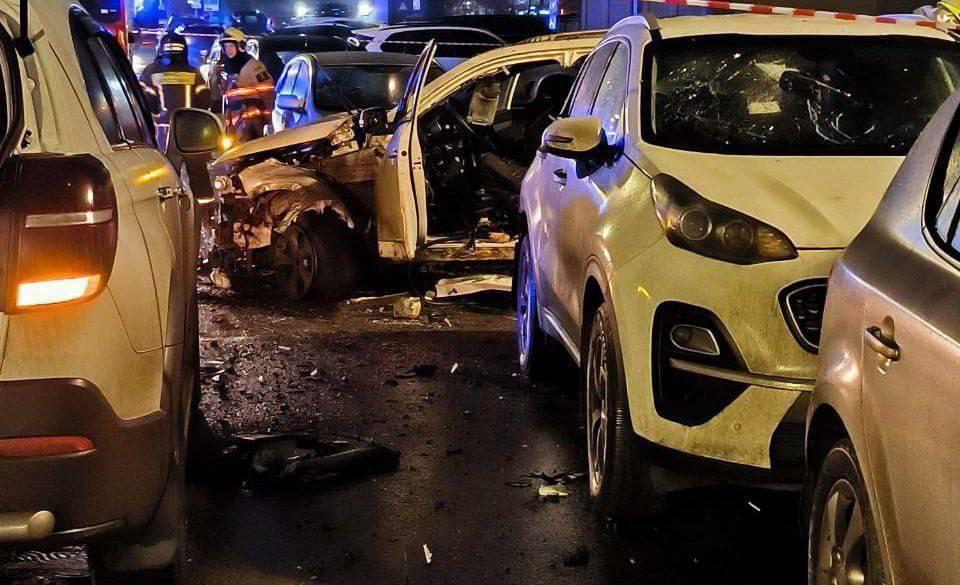
Investigators appear to be treating the blast as a targeted killing, adding to a growing list of high-profile attacks on military figures inside Russia since the war in Ukraine began.

Over the past five days, the Saint-Gilles quarter of the Belgian capital saw a series of explosions and shootings, bringing Brussels’ total violent incidents in 2025 to 96.

Killing Hamas leaders in Qatar is a way to end the war, Benjamin Netanyahu said.
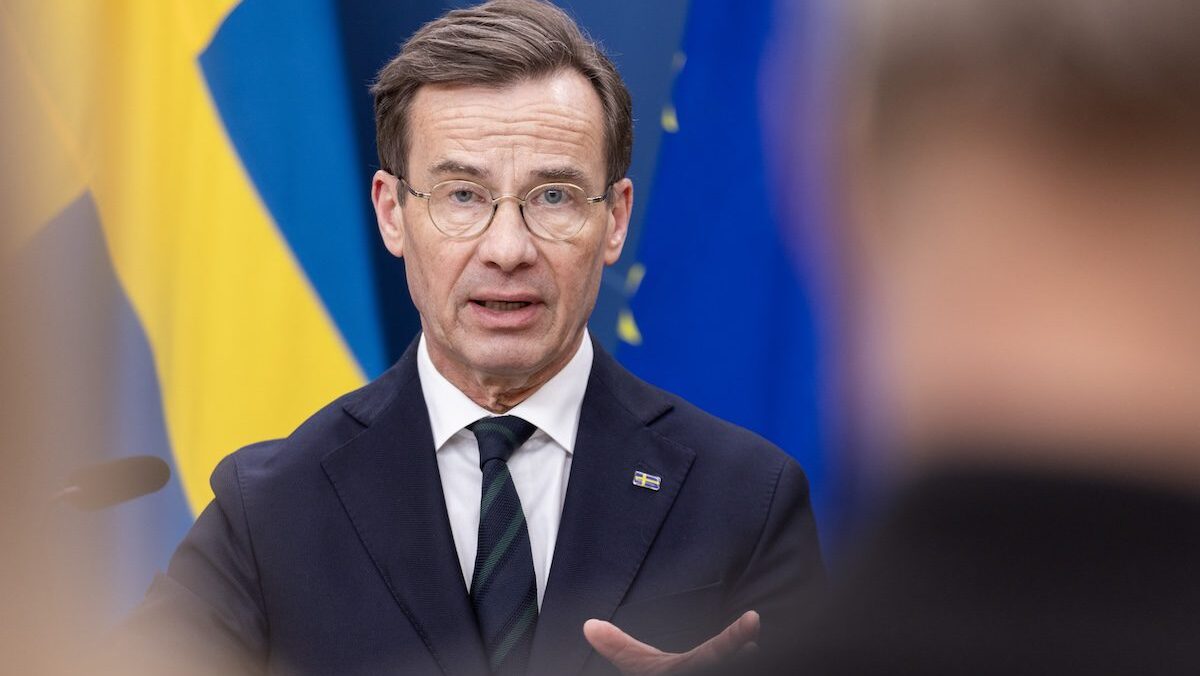
The Sweden Democrats are calling for tougher deportation laws as authorities struggle to regain control.

Twenty years later, the 2004 Madrid train bombing remains central to understanding Spanish polarization and geopolitical irrelevance.
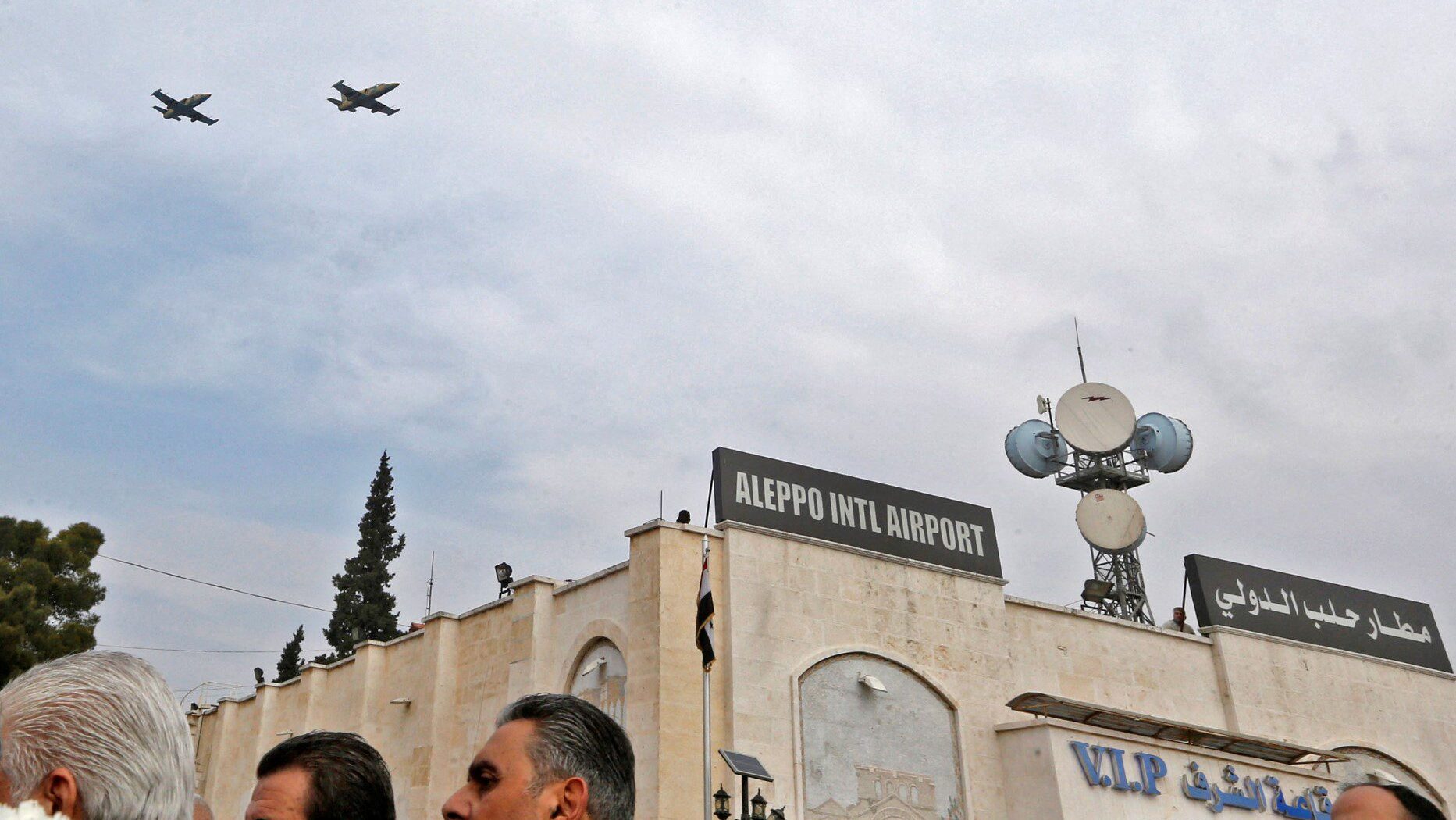
Sources say the attacks were intended to disrupt Iranian supply lines to Hezbollah.
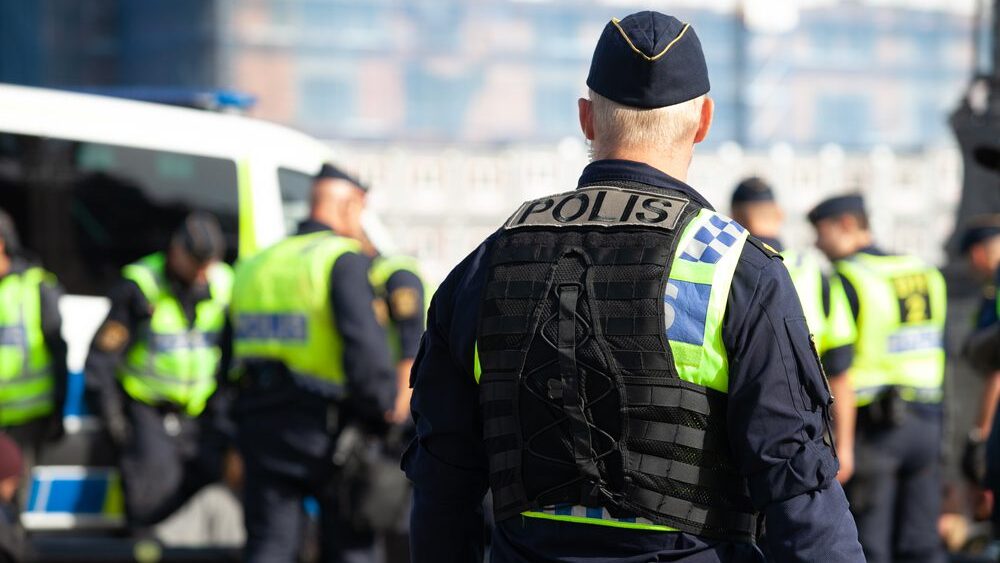
The plenary debate on the Asylum and Migration Pact accomplished little more than pointless name-calling.

The detention of Ariane Lavrilleux has raised serious concerns about press freedom.
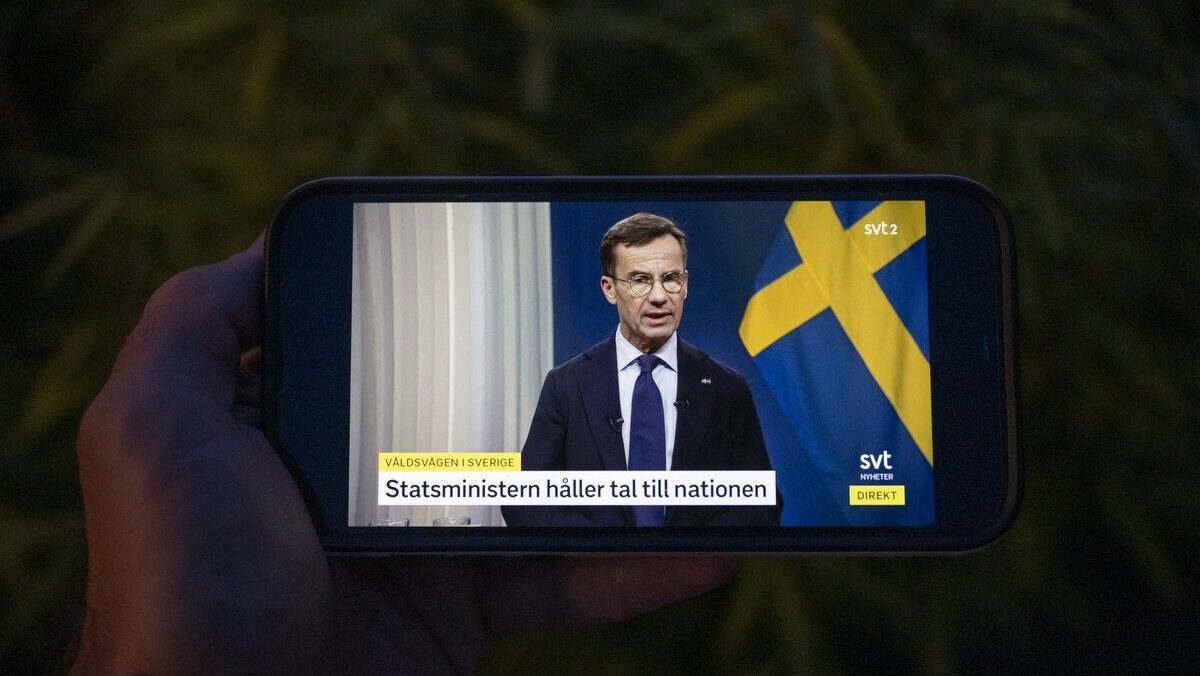
Facing an overwhelming wave of organized crime, PM Kristersson has found no other solution than to rely on a state’s last resort for asserting its monopoly of force: the military.